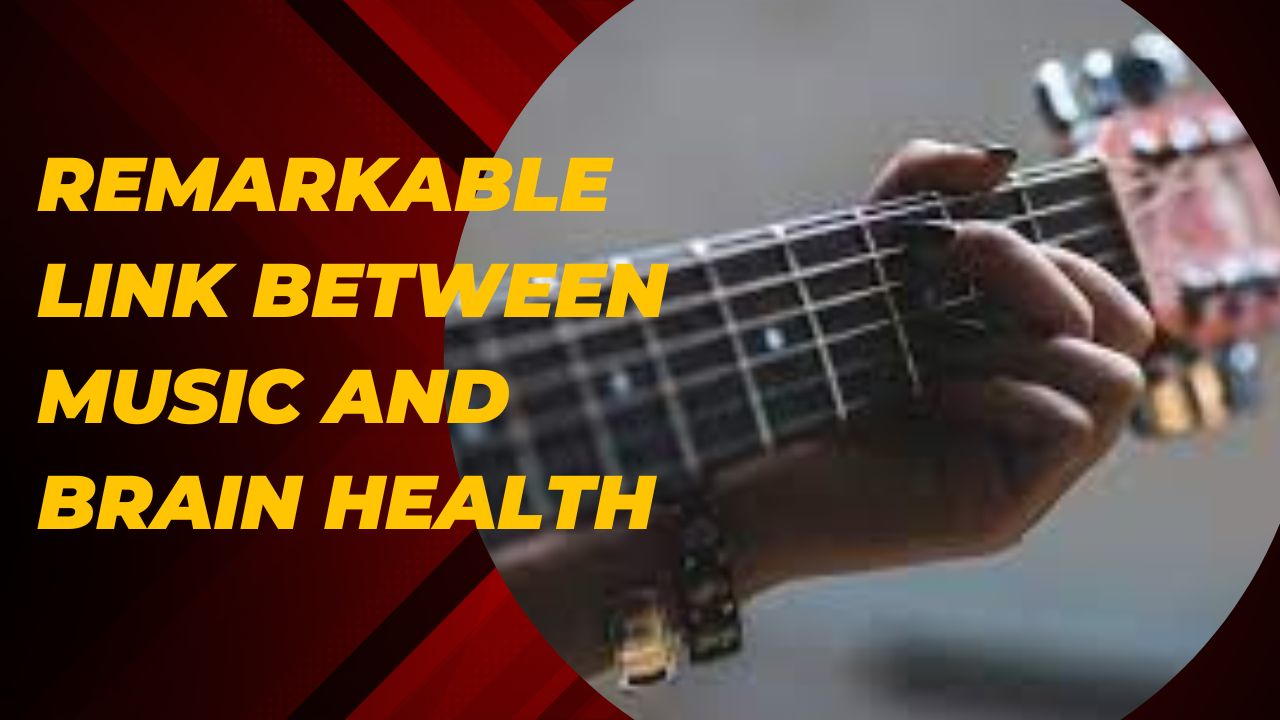The Surprising Discovery: Music as a Key to Brain Health
Delve into the fascinating world of brain health and discover the unexpected role that music can play in maintaining cognitive function. Recent research suggests a strong correlation between musical engagement and improved cognitive abilities, offering new insights into potential strategies for preventing or delaying dementia.
Insights from the University of Exeter
Explore groundbreaking research conducted by a team from the University of Exeter, shedding light on the relationship between musical activities and cognitive performance. Through a comprehensive analysis of over 1,000 individuals, researchers identified notable enhancements in working memory and executive function among those who played musical instruments or sang in choirs.
The Power of Musical Engagement
Unlock the concept of cognitive reserve and its profound implications for brain health. By engaging in musical pursuits, individuals may bolster their cognitive reserve, providing a protective buffer against age-related cognitive decline and neurodegenerative diseases such as Alzheimer’s.
Beyond Correlation: Understanding Cause and Effect
Navigate the complexities of correlation and causation in the context of music and brain health. While compelling associations have been observed between musical engagement and cognitive performance, further research is needed to establish causal relationships and elucidate underlying mechanisms.
The Role of Lifestyle Factors: Examining Potential Confounders
Probe into potential confounding factors that may influence the observed relationship between music and brain health. Considerations such as socioeconomic status, dietary habits, and overall lifestyle choices merit careful examination to discern the true impact of musical engagement on cognitive function.
Instrument-Specific Findings
Discover the unique cognitive benefits associated with playing musical instruments, with particular emphasis on the keyboard. Individuals who engage in keyboard-related activities demonstrate superior performance in working memory tasks, highlighting the cognitive advantages of this musical pursuit.
Lifelong Benefits: Embracing Musical Engagement Across the Lifespan
Embrace the notion of lifelong musical engagement as a cornerstone of brain health and cognitive vitality. Whether embarking on a musical journey in youth or rediscovering the joy of music in later life, individuals stand to reap enduring benefits from sustained musical activities.
Musical Empowerment
Embark on a journey through real-life testimonials from individuals who have experienced the transformative power of music firsthand. From playing the accordion in a band to participating in memory cafes, these stories underscore the profound impact of musical engagement on cognitive well-being.
Practical Implications: Integrating Music into Public Health Initiatives
Consider the practical implications of incorporating musical education and engagement into public health initiatives aimed at promoting brain health. From advocating for music education in schools to encouraging older adults to embrace musical pursuits, there is immense potential for leveraging music as a tool for cognitive enhancement.
Looking Ahead: Towards a Harmonious Future for Brain Health
Peer into the future of brain health and envision a world where music plays a central role in fostering cognitive resilience and well-being. With continued research, education, and advocacy, we can unlock the full potential of music as a transformative force for brain health and cognitive vitality.
Embark on a journey of discovery and empowerment as we unravel the profound connection between music and brain health. Through scientific inquiry, personal anecdotes, and a shared commitment to holistic well-being, we can harness the transformative power of music to enrich our lives and nurture our minds for generations to come.

